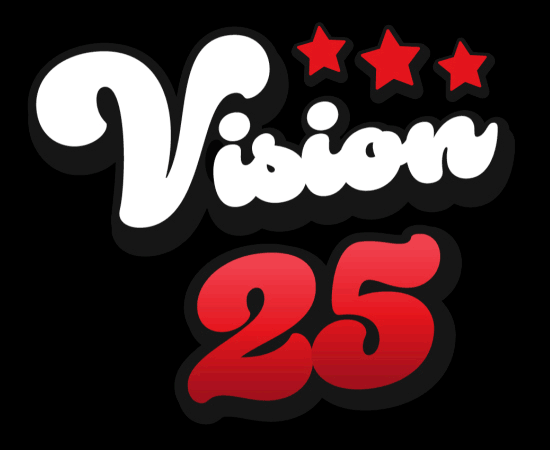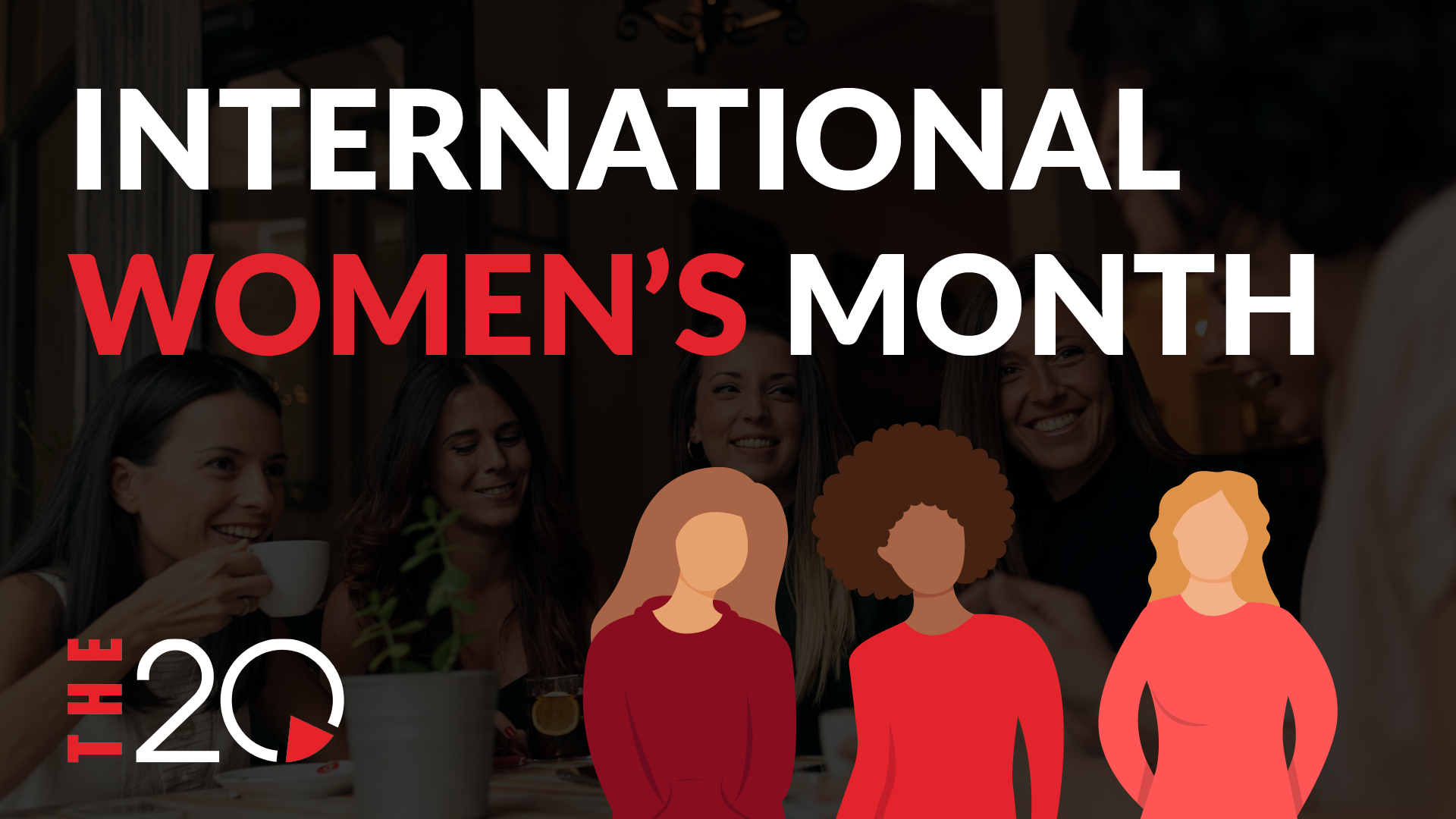Never Too Late
The Story of One Woman’s Incredible IT Journey
Growing up, Patricia Ordóñez was always good at math.
One day, a teacher who’d noticed Patricia’s abilities pulled her aside and asked her to work on special, more advanced math problems during recess. That was a nice moment for Patricia — even if it meant missing out on recess!
Fast forward to the ’80s. Patricia’s a first-year student at Johns Hopkins University with plans to study computer science or electrical engineering. She signs up for an intro course, and, in a class filled mostly with male students, finds the courage to ask a question. The professor looks at her and says six words that Patricia will always remember: “You should know that by now.”
Patricia was a bit behind her classmates because they grew up with personal computers, and she didn’t. This wasn’t her fault, but that didn’t make her professor’s words sting any less.
If this were a movie, this would be the part where Patricia studies really hard to catch up to her classmates, prove her professor wrong, and earn an ‘A.’ But it’s no movie; it’s a true story. Patricia studies hard, but ends up with the first ‘C’ of her life. She drops the program and switches her major to foreign languages.
Now, this might seem like an odd story to share during Women’s History Month, which is supposed to be about celebrating women’s achievements. But remember, it’s also about recognizing women’s struggles. Plus, there’s more to Patricia’s story, so keep reading till the end …
Our Stories
The theme of Women’s History Month this year is “Celebrating Women Who Tell Our Stories.” Notice that it’s our stories, not their stories. Women’s stories are human stories — everyone’s stories. The lessons they contain hold universal value. Take Patricia’s story …
Mentors Matter
Did Patricia decide to take a computer science course in college simply because one teacher once asked her to do math during recess? Probably not, but it’s not a stretch to think that her experience in grade school played a part. Being recognized, encouraged, seen — these things matter. Patricia’s experience reminds us: when someone — a teacher, parent, coach, whoever — takes you under their wing, it can have a monumental impact.
So, to all the women out there pursuing, or thinking about pursuing, a career in IT (or any other STEM field), seek out mentors. This is common advice for good reason: mentors rock!
Did you know …
Women who were mentored are 27% more likely to remain in tech than women who weren’t mentored.
It’s Important to Know How When to Take Negative Feedback
Google “advice for women in tech” and you’re bound to run into a familiar bit of wisdom: Learn how to take criticism, negative feedback, etc.
This isn’t bad advice per se. Being successful in the fast-moving and ever-changing IT world means staying curious. Staying curious means trying new things. Trying new things means sometimes failing. If you can’t take criticism, you’re going to have a tough time in the IT space, regardless of your gender.
That said, there are times when it’s better not to take negative feedback — times when it’s better to ignore criticism altogether.
Take Patricia, for instance. She would have been better off tuning out her professor’s unkind words. Of course that’s easier said than done, but the point remains: sometimes it’s a good idea to reject or ignore criticism, especially when that criticism is coming from a place of anger, superiority, impatience, etc.
When it comes to feedback, a quote from Bruce Lee proves to be a terrific motto: Absorb what is useful. Discard what is not.
Start Where You Are
Patricia started her college studies without ever having owned a personal computer. This meant she was behind many of her male classmates in terms of computer science knowledge. Her professor, instead of allowing her to start from where she was, shamed her for not being further along. You should know that by now.
This could have been tragic, as it could have prevented Patricia from pursuing her passion for computer science.
This could have been tragic, as it punished Patricia for something that wasn’t her fault — not growing up with her own computer.
This could have been tragic, as it asked Patricia to feel bad about something she couldn’t change, instead of encouraging her to feel optimistic about the future and the things she could change.
This could have been tragic, but it wasn’t, because Patricia’s journey in technology didn’t end in college. More than a decade after taking that intro class, years into a career that had nothing to do with computer science, Patricia got herself a mentor and was accepted by a PhD program in computer science.
Was Patricia behind some of the other doctoral students when she enrolled in the PhD program? Certainly. But this time round, she decided to start where she was, tune out negativity, and commit to continuous learning and improvement. The result?
Dr. Ordóñez is now an associate professor of computer science at the University of Maryland Baltimore County.
Happy Women’s History Month!


